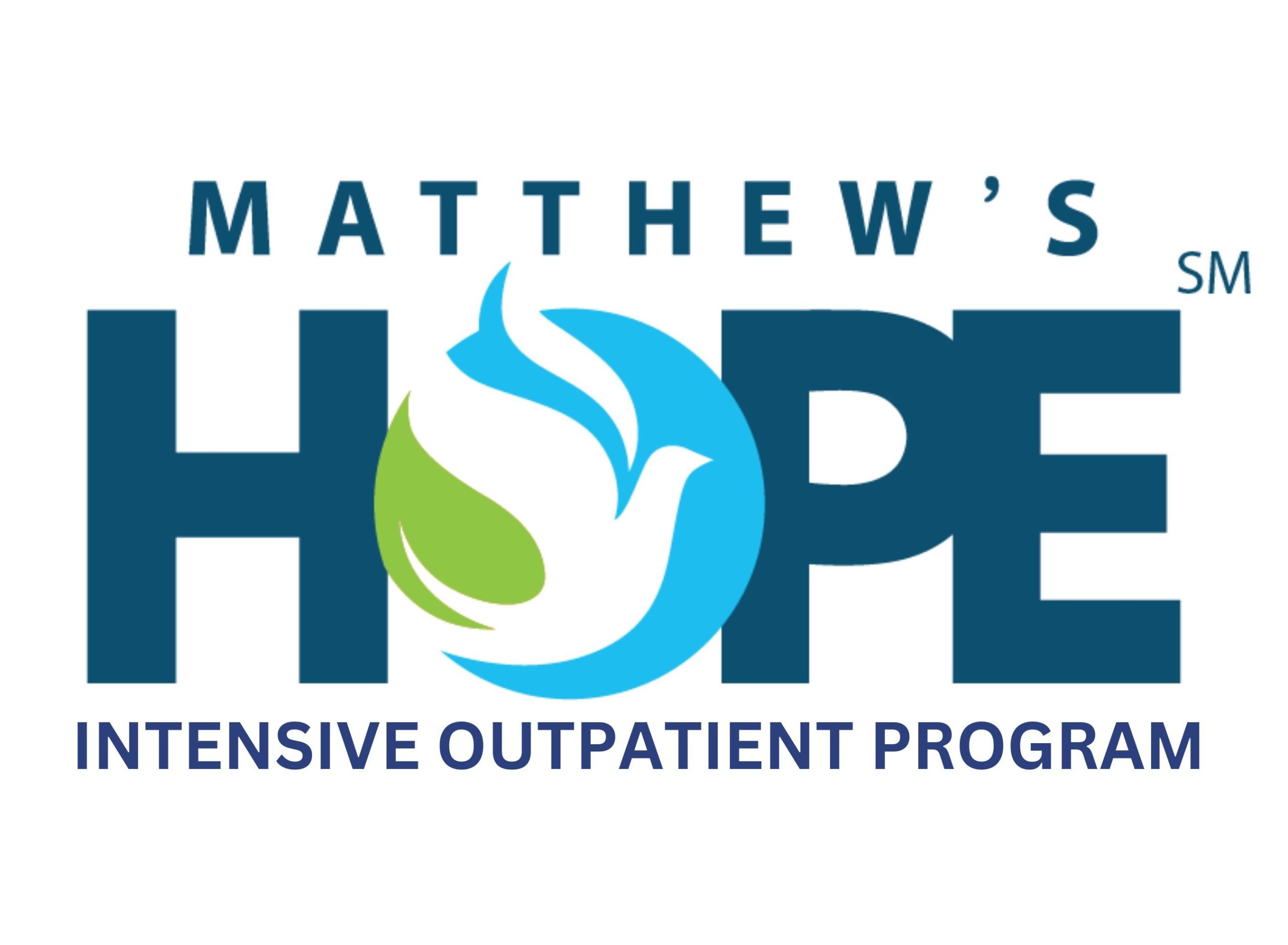
As you go through recovery, there are a number of things you can use to support your progress. Spiritual tools can help you develop a new sense of purpose, alleviate anxiety, and connect with your peers. Depending on your personal beliefs, you can use meditation, prayer, community, and self-care to support your sobriety.
Meditation
If you’re searching for ways to incorporate spirituality in recovery, meditation is an effective tool. In addition to its spiritual benefits, meditation can also support your recovery in other ways. Studies show it can reduce stress, improve emotional health, and boost sleep quality.
Breathe Awareness
Breath awareness is when you simply sit and focus on your breath. Whenever you get lost in thought, you bring your awareness back to your breath. In addition to being a key component of Vipassana meditation, breath awareness was said to be the kind of meditation the Buddha used to attain enlightenment.
Guided or Visualization
Many meditation apps offer guided meditation and visualization exercises. This form of mindfulness meditation allows you to guide your mind’s eye toward life changes and goals.
Chakra/Healing
Chakra meditation is any kind of meditation designed to unblock the chakras. In traditional Indian society, chakras were believed to be energy centers located throughout the body. By opening the chakras, practitioners hope to strengthen the connection between mind and body.
Reading Literature
The same kind of intense focus used in meditation can also be used while reading literature. This can help to distract you from anxiety or other problems as you work on your sobriety. In addition, certain kinds of literature can help you learn more about the process you’re going through.
Grounding
Grounding is a useful part of your spiritual recovery. It involves focusing on what you see, hear, touch, or smell. This helps to distract your mind from anxious thoughts and negative feelings while simultaneously grounding you in reality.
Prayer
Prayer can play a variety of roles in your spiritual addiction recovery. You can use basic prayers, like the St. Francis Prayer, or a 12-step prayer. In addition, many people find it helpful to talk directly to God or their understanding of a supreme being.
Talk to God
One of the simplest spiritual healing tools is to talk to God or whatever Higher Power you believe in. You don’t have to memorize prayers or go to church to rebuild your connection. All you have to do is establish a connection to God in whatever manner feels natural to you.
3rd Step Prayer
“God, I offer myself to Thee – to build with me and to do with me as Thou wilt. Relieve me of the bondage of self, that I may better do Thy will. Take away my difficulties, that victory over them may bear witness to those I would help of Thy Power, Thy Love, and Thy Way of Life.”
-Alcoholics Anonymous P. 63
This prayer is used during the third step of Alcoholics Anonymous. It’s all about spiritual surrender and letting go of yourself. Sometimes, the best thing you can do is turn over your worries, personal will, and life to a Higher Power and stop trying to make things happen.
7th Step Prayer
“My Creator, I am now willing that you should have all of me, good and bad. I pray that you now remove from me every single defect of character which stands in the way of my usefulness to you and my fellows. Grant me strength, as I go out from here, to do your bidding.”
-Alcoholics Anonymous P. 76
During the initial steps, people identify character defects and personal challenges. In the 7th Step Prayer, you ask a Higher Power to remove these defects. Instead of these defects, you ask for the Higher Power to grant you the strength to carry out your role in life.
Sick Man’s Prayer
“God, when a person offends me, help me to remember this is a sick person. Help me show the same tolerance, pity, and patience that we would cheerfully grant a sick friend. Show me how can I help them. Save me from being angry. Thy will be done.”
– Alcoholics Anonymous p. 67
When we gain an understanding of how addiction is a disease, we quickly realize other people may suffer from similar mental, spiritual, or physical diseases. Instead of assuming the worst, the Sick Man’s Prayer asks us to show sick people pity, patience, and tolerance. This allows us to avoid getting angry and to help others instead.
The Serenity Prayer
“God grant me the serenity
To accept the things I cannot change;
Courage to change the things I can;
And wisdom to know the difference.”
The Serenity Prayer can be a great reminder that there are things beyond our control, as we are powerless over other people and external situations. It is about self-awareness and taking action on the things we can control, such as working a program of recovery. Its a reminder to ask God for awareness in each situation and to trust God with the things outside of our control. The Serenity Prayer can be a great way to start the day off right while remembering the key principles of recovery and developing a connection with our own higher power.
The St. Francis Prayer
“Lord, make me an instrument of your peace:
where there is hatred, let me sow love;
where there is injury, pardon;
where there is doubt, faith;
where there is despair, hope;
where there is darkness, light;
where there is sadness, joy.
O divine Master, grant that I may not so much seek
to be consoled as to console,
to be understood as to understand,
to be loved as to love.
For it is in giving that we receive,
it is in pardoning that we are pardoned,
and it is in dying that we are born to eternal life.
Amen.”
The St. Francis Prayer is one of the most popular spiritual tools during recovery. This prayer is a guideline for building a relationship with our Higher Power, no matter who or what we think a Higher Power is. It asks a Higher Power to show us what we can do to make a difference in the world, which is often not a topic anyone thinks about during their addiction.
In essence, the prayer asks us to take a step out of who we are to think about other people. Instead of thinking selfish thoughts like, “How can I make my life better?”, we begin asking what we can do to live a life of service for others. Being in contact with a Higher Power allows us to gradually see more of our true nature.
Community
Spiritual tools don’t have to revolve around prayer and meditation. In fact, building a sense of community can help you have a spiritual recovery while giving you the support you need to remain sober.
Be Productive
Nothing changes if nothing changes. In order to make the most out of your spiritual addiction recovery, you have to put in some effort.
Meetings
If you want to meet people who understand what you’re going through, it’s important to go to meetings. You can get advice, make sober friends, and develop a sense of community.
Step work or inventory
As you progress through your recovery, you will complete different kinds of step work. For instance, a moral inventory during step four will help you understand fears, resentments, and other emotions. You can’t be completely free until you let go of the fears and resentments holding you back.
Help others
By helping others, you can help yourself. Before becoming sober, many people are self-absorbed and focused on their other selfish needs. When you help someone else become sober, it forces you to take a step outside yourself.
Fellowship
Fellowship allows you to build a spiritual support network. It requires you to see the intrinsic worth in other people and encourages you to treat others with compassion. Together, you can grow spiritually as a community while still finding your own truth.
Self-Care
If you are starving for food or distracted by a much-needed root canal, it’s impossible to focus on your spiritual growth or sobriety. Sometimes, the best spiritual healing tools are basic self-care techniques.
Healthy Eating
Often, people forget about eating a balanced diet when they are in the depths of their addiction. In order for you to recover, you need to give your body the right nutrients and nourishment.
Exercise
A key component of self-care is exercise. Along with helping your physical health, exercise can prevent or alleviate relapse triggers, like anxiety, anger, stress, and difficult emotions.
Sleep Schedule
To help your recovery, try going to sleep at the same time each night. If you find it difficult to go to sleep, adopt a pre-bed routine, like taking a bath, reading a book, or meditating.
Hygiene
You’ll feel more positive about life in general if you take care of yourself. If you’ve neglected your personal hygiene or the cleanliness of your surroundings, it’s time to make some changes.
Dentist/Doctor
Before you can focus on meditation, prayer, and other spiritual tools, you need to deal with any ongoing illnesses. Schedule a visit to the doctor and dentist, so you can get a better understanding of your physical health.
Begin Your Spiritual Recovery
If you or a loved one is ready to become sober, Matthew’s Hope Foundation Intensive Outpatient Program can help.
Reach out to us today to learn more about our Intensive Outpatient Program today.


